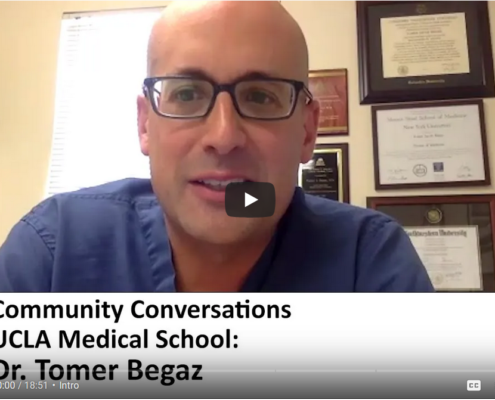
LA Social Science Community Conversations Featuring UCLA Medical School Dr. Tomer Begaz
LA Social Science spoke with Dr. Tomer Begaz, Professor of…
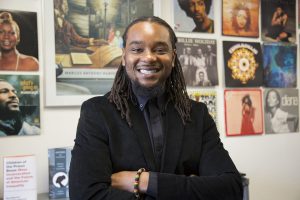
L.A. Times Features Professor Hunter and Prominent L.A. Writers Discussing the City’s Racial Past and Present
In this important piece featured in the Los Angeles Times,…
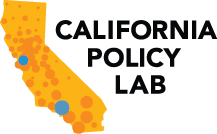
UCLA California Policy Lab’s Latest Policy Brief Highlights the Difficulties CA. Workers Continue to Experience as the Economy Re-Opens
The UCLA California Policy Lab has released their fourth policy…

California Policy Lab Releases Brief on California Unemployment Insurance Claims During Pandemic
The California Policy Lab (CPL), in partnership with the…
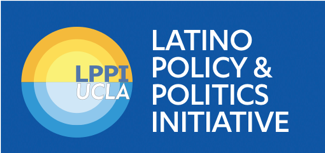
UCLA LPPI Brief Finds L.A. Black & Latino Neighborhoods Lack Resources During Safer-at-Home Order
On May 19, 2020, UCLA's Latino Policy and Politics Initiative,…
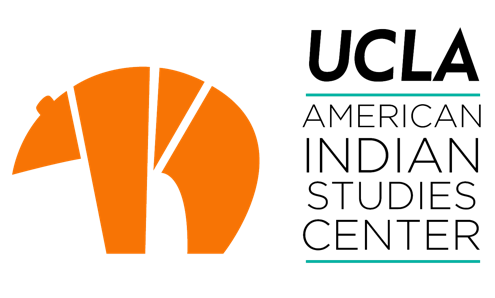
UCLA Project Tracks COVID-19 Case Rate by Tribal Nation
As many states begin to reopen after the coronavirus shutdown,…
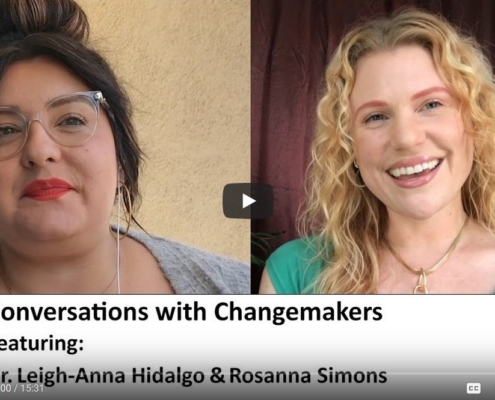
LA Social Science Presents “Conversations with Changemakers” Featuring Dr. Leigh-Anna Hidalgo & Rosanna Simons (VID)
The grassroots organization People for People (Gente por…

UCLA Report Reveals Economic Uncertainty for Latino Neighborhoods During Pandemic
UCLA's Latino Policy and Politics Initiative (LPPI) in partnership…
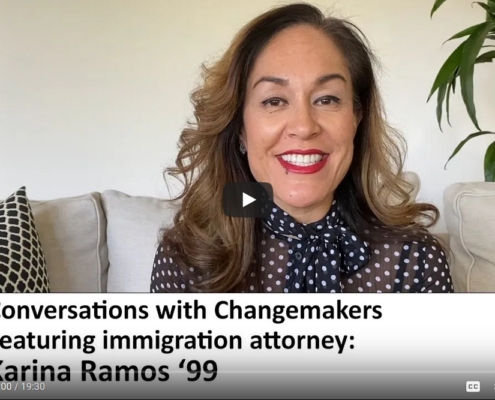
LA Social Science Presents “Conversations with Changemakers” Featuring UCLA Alum Karina Ramos (Video)
UCLA alum Karina Ramos ('99) an attorney at Immigrant Defenders…
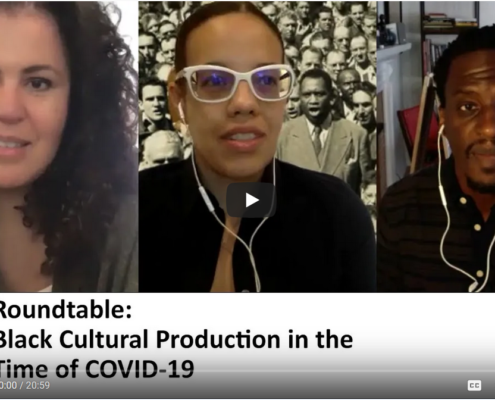
LA Social Science Roundtable: Black Cultural Production in the Time of COVID-19
LA Social Science invited three Los Angeles-based professors…

